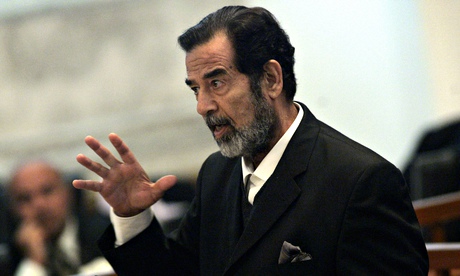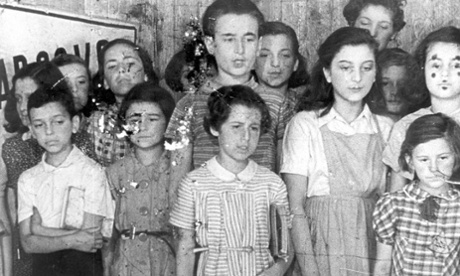Anthony Quinn, in his review of Lara Feigel’s The Bitter Taste of Victory (9 April), cites Klaus Mann’s discredited account of a post-1945 interview with the octogenarian Richard Strauss to sanction calling the composer an “unrepentant Nazi” for moaning that Hitler hardly ever went “to hear any of my operas”. (One reason Hitler might have shunned them was that almost all of their librettos were by Hugo Von Hofmannsthal, who under Nazi law was Jewish, but died in 1929, just short of the shaming.) Since Mann’s slander, 60 years of sober scholarship into 20th-century German culture, and into the life of Strauss, have thoroughly aired the great composer’s self-inflated but profoundly un-Nazi attempts in 1933-34 to exercise a cultural sway over the new Nazi regime, apparently in the (retrospectively fatuous) assumption that after more than half a century of world fame he’d be listened to. He soon found otherwise, and drifted into internal exile.
Among the later operas that Hitler didn’t listen to was, of course, Strauss’s pacifist Friedenstag (1936), with a libretto essentially by the Jewish Stefan Zweig who, despite Strauss’s naive wish to credit him, used the complaisant Josef Gregor as a beard for the project. It’s hard to recognise an “unrepentant Nazi” in this and other narratives of Strauss’s responses to the nightmare he found himself attempting to ride.
John Clute
London
• In his review of Lara Feigel’s book, The Bitter Taste of Victory: in the Ruins of the Reich, Anthony Quinn writes about the debate at the end of the war about a much needed re-education programme, but that “the German people were less than receptive to the allies’ programme of denazification”. This is an oversimplification and also ignores the very different procedures adopted in the Soviet zone. With the immediate onset of the cold war, the western allies realised they needed the Germans on board in the new anti-communist crusade, so downplayed their own anti-Nazi propaganda.
The 1945 documentary German Concentration Camps Factual Survey – the subject of the 2014 film Night Will fall – made by Sidney Bernstein in collaboration with Alfred Hitchcock, depicting gruesome scenes from newly liberated concentration camps, languished in British archives for nearly seven decades.
The western allies were also very sceptical about the role of culture in any re-educational programme, as the arts and culture were then seen as a hot-bed for leftwing and communist ideas, and thus to be combatted. The re-establishment of old Nazis in their former positions and their refusal to confront the recent past would also compound the situation, seriously deforming the newly emerging federal republic.
John Green
London
• Join the debate – email guardian.letters@theguardian.com










